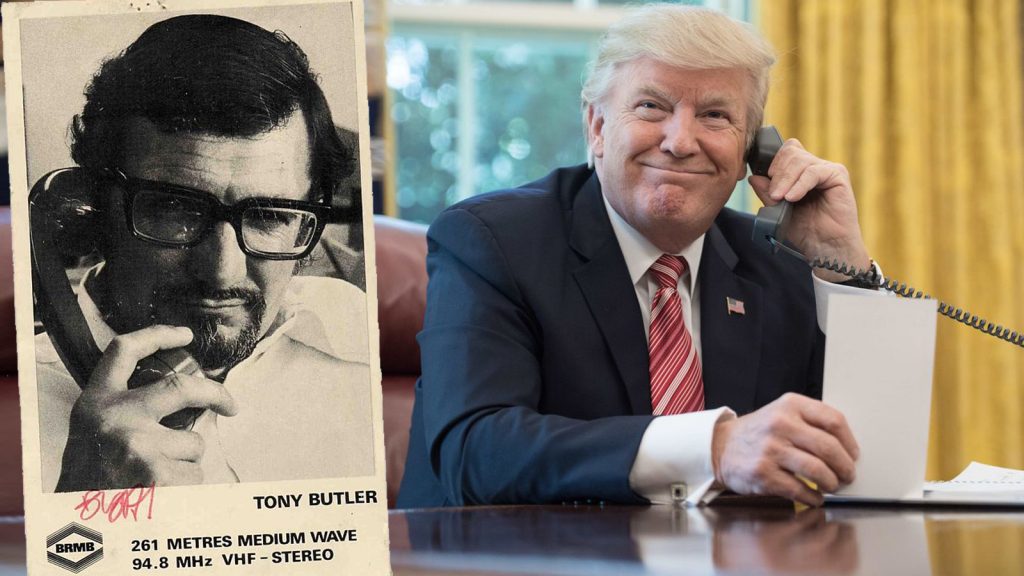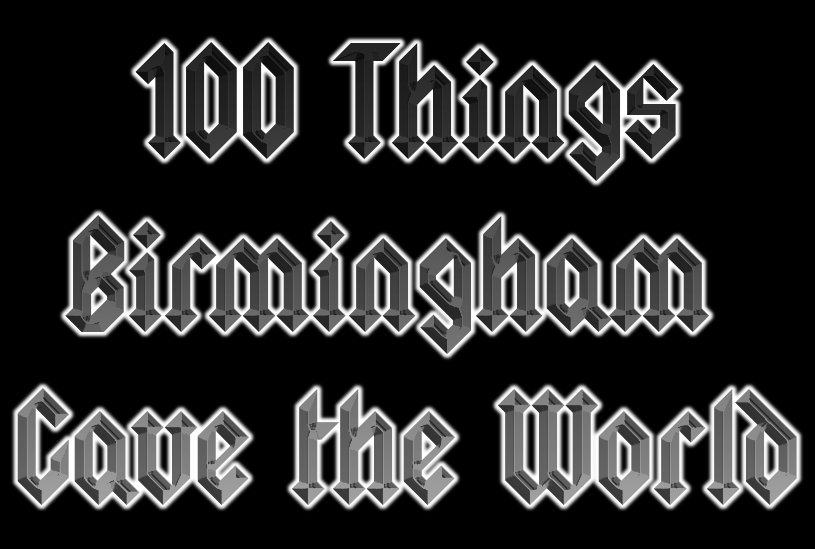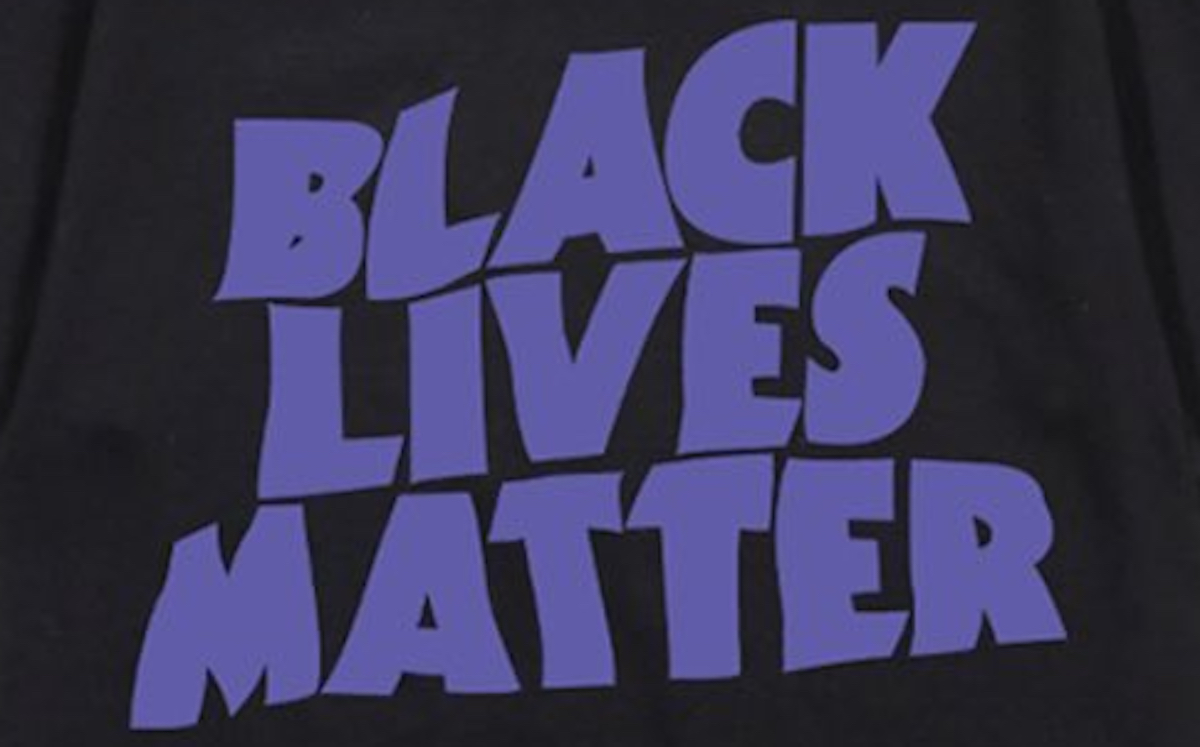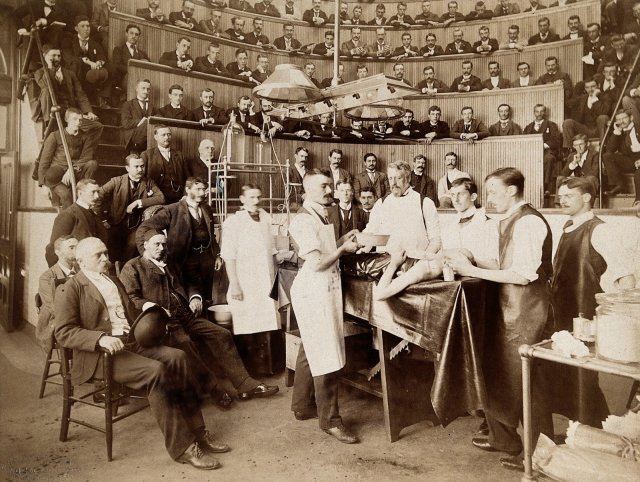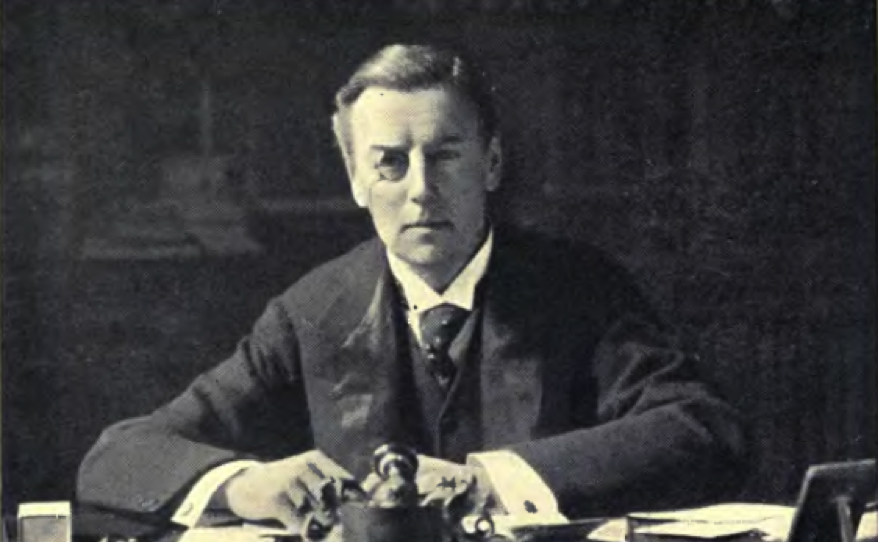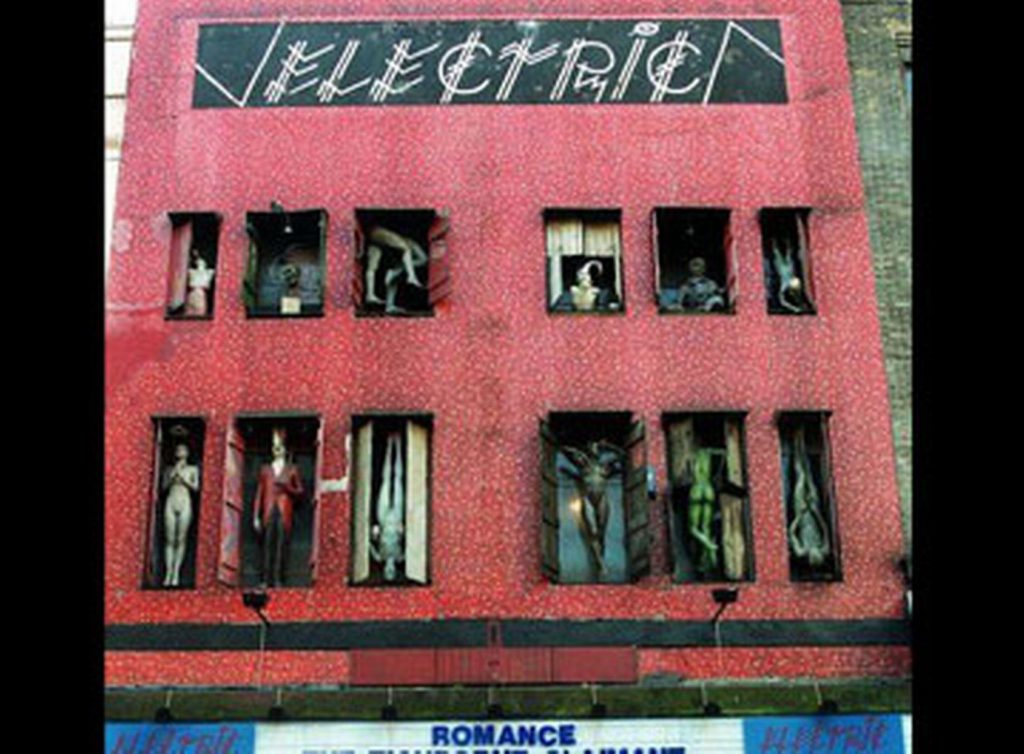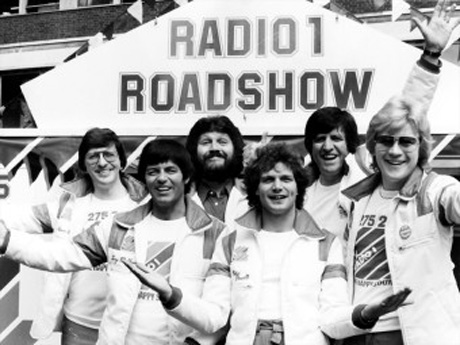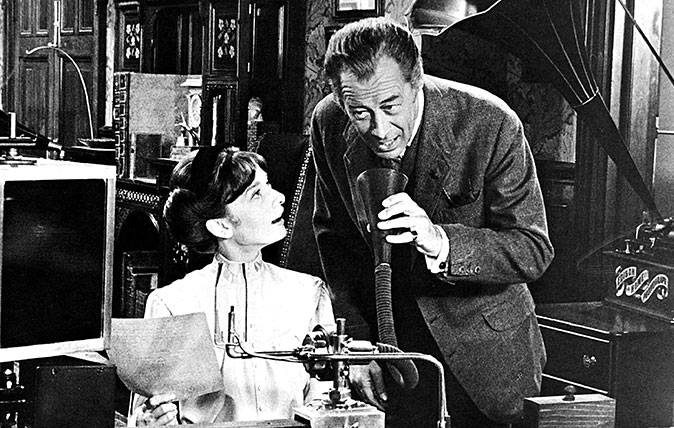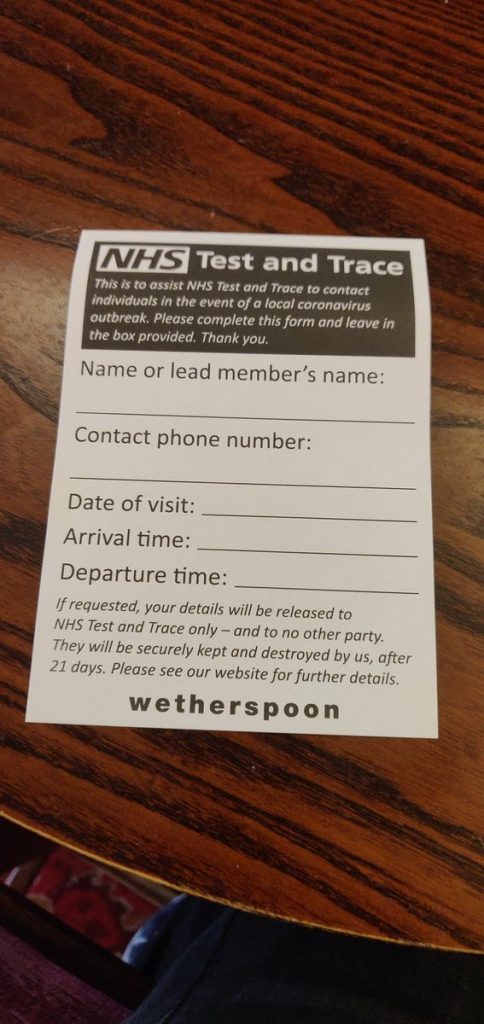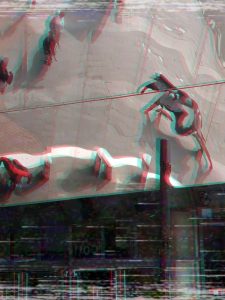For Immediate Release
Paradise Circus is saddened to hear that there will be no German Christmas Market in 2020 but has vowed to continue in their annual tradition of poking fun at the “well-loved” institution.
As such we are announcing, today, that we will continue making the same jokes about Birmingham’s Christmas Market but in a COVID safe manner including:
- Regular hand-washing using soap from one of 27 identical fancy soap stalls
- Order the joke direct to you using our app, currently being built by Capita
- Second-best track and trace in Europe so we can try to locate every current line up of UB40
- We will make sure the hundreds of identical stalls selling polished rocks in our jokes are spaced out
We are very sorry that due to the required hygiene protocols you will no longer be able to return the joke at the end of the evening to get back your deposit, instead, you can keep it as a souvenir.
During these unprecedented times we will be pleased to serve you from a limited menu of other jokes from our repertoire, which have also been prepared in line with current advice:
- You can now go up the Ackers so long as you are in your social bubble
- You may not blow trumpets, whether they are our own or not
- That picture of Albert Bore and the clock but photoshopped so they’re further apart
Our popular book with 101 of our best jokes is available for takeaway orders only.
Jokes about Andy Street’s absolute failure to tackle homelessness and reduce the number of rough sleepers will be suspended completely. Because it’s not funny. It’s really not. (You can help with a donation to a local charity, maybe?)
Please be patient with us at this difficult time, and kindly remain 2 metres from Twitter when reading our jokes.
Now, more than ever, it is important we find King Kong and embrace the new normal.

